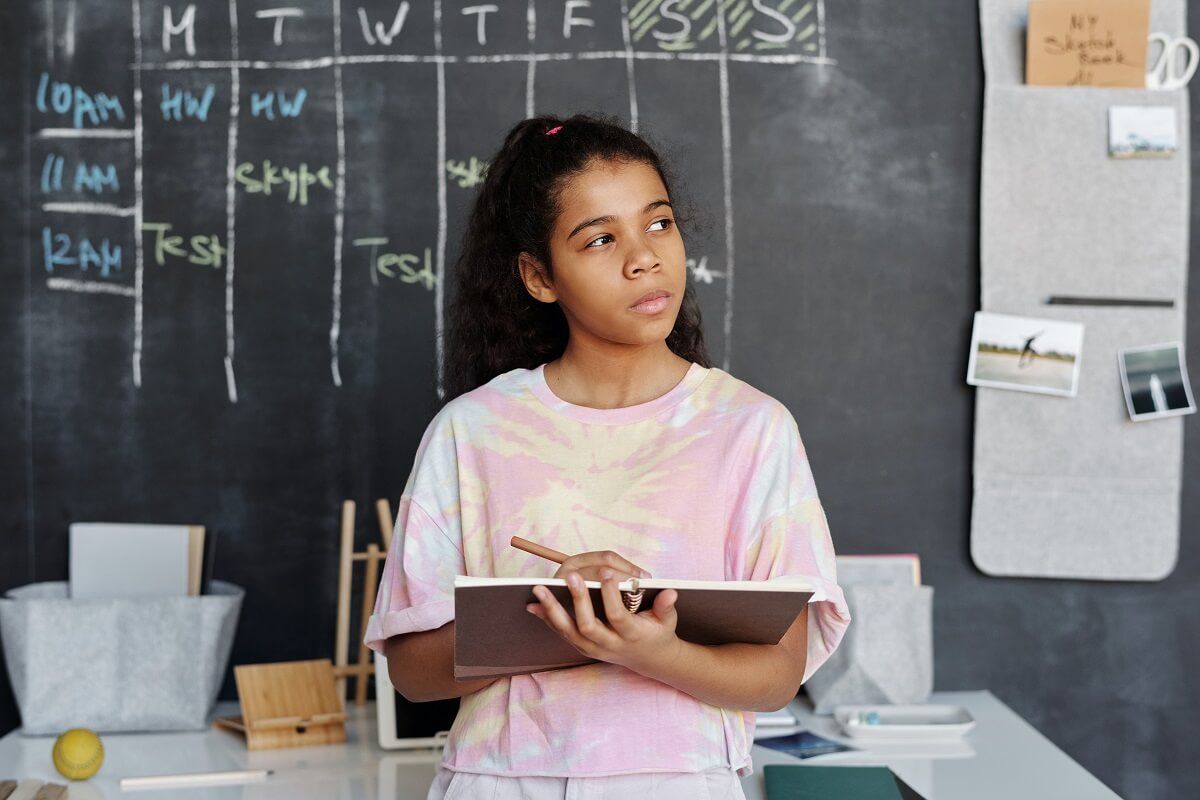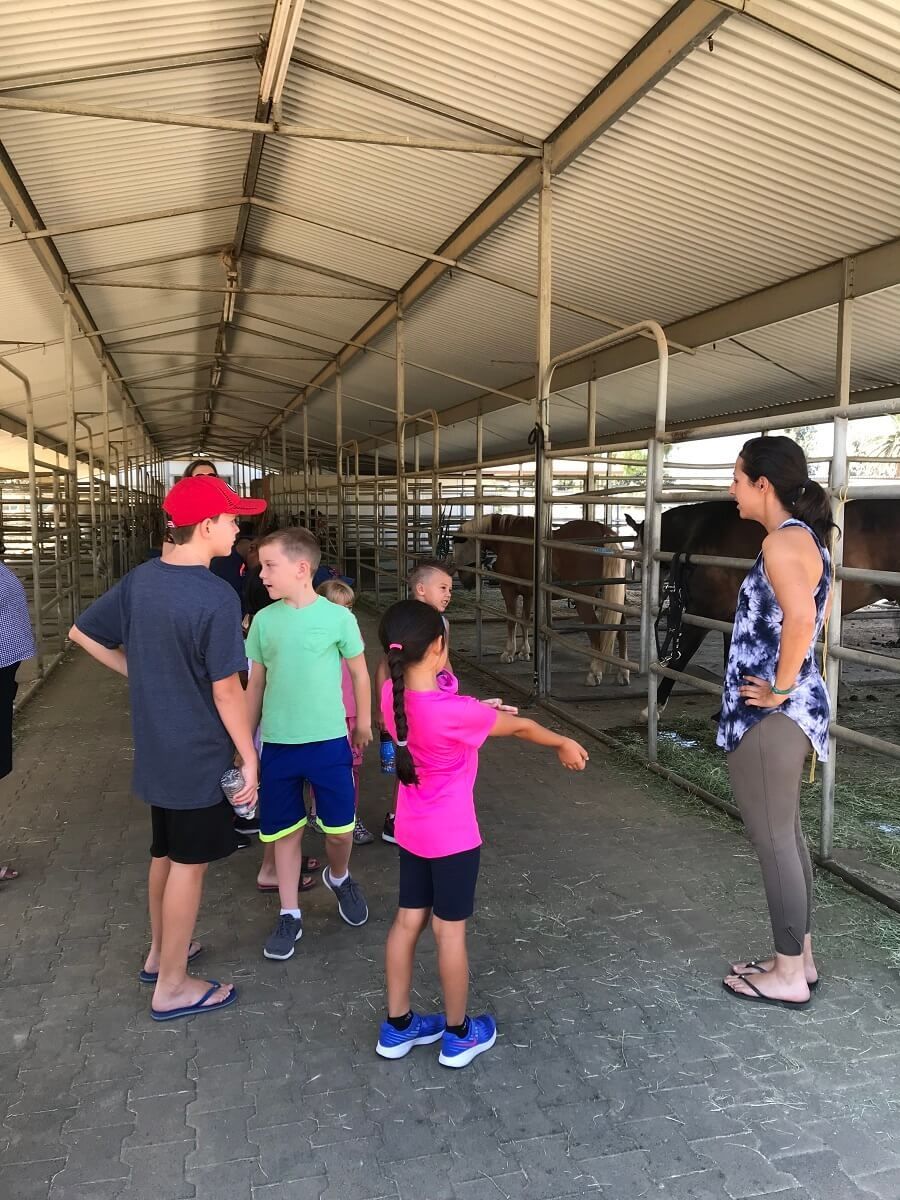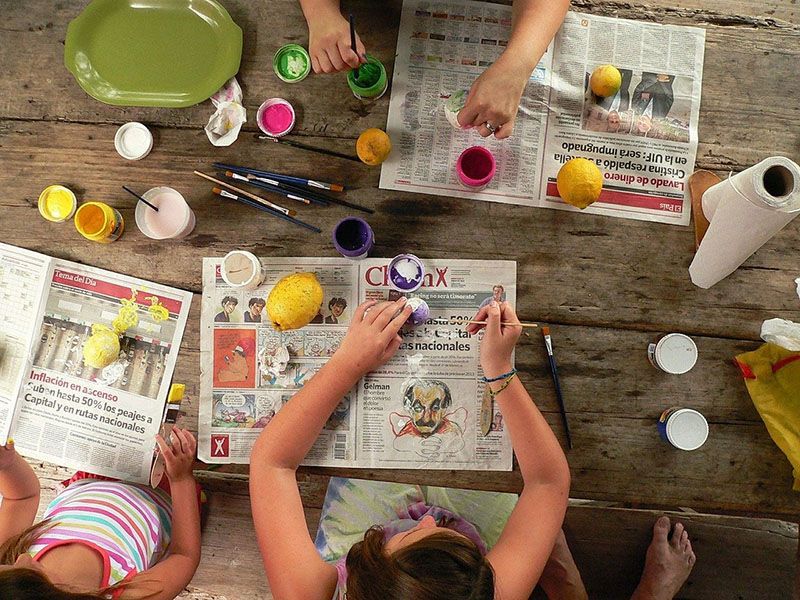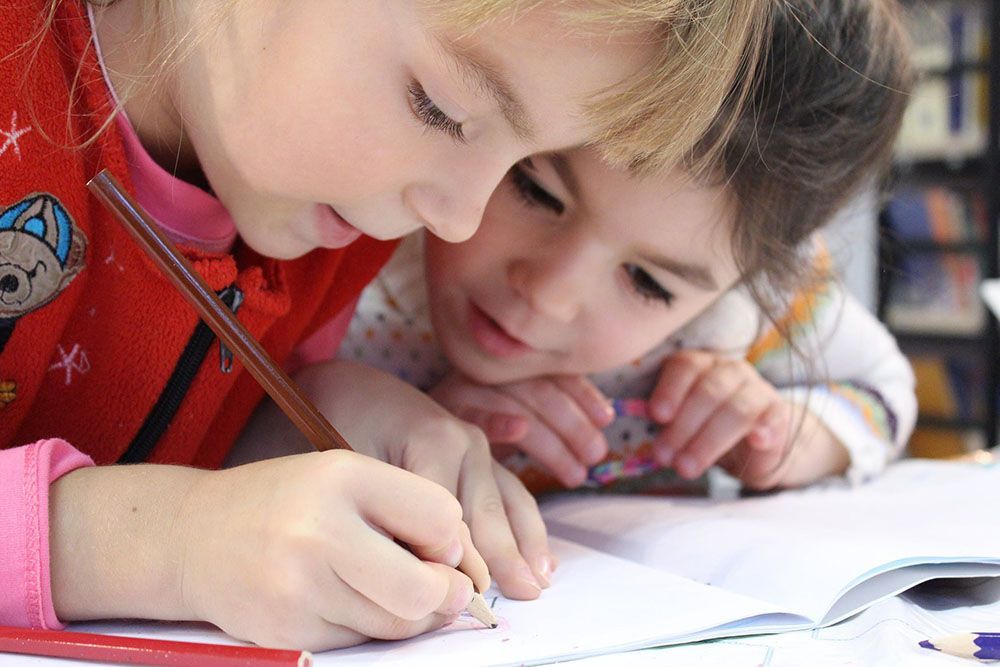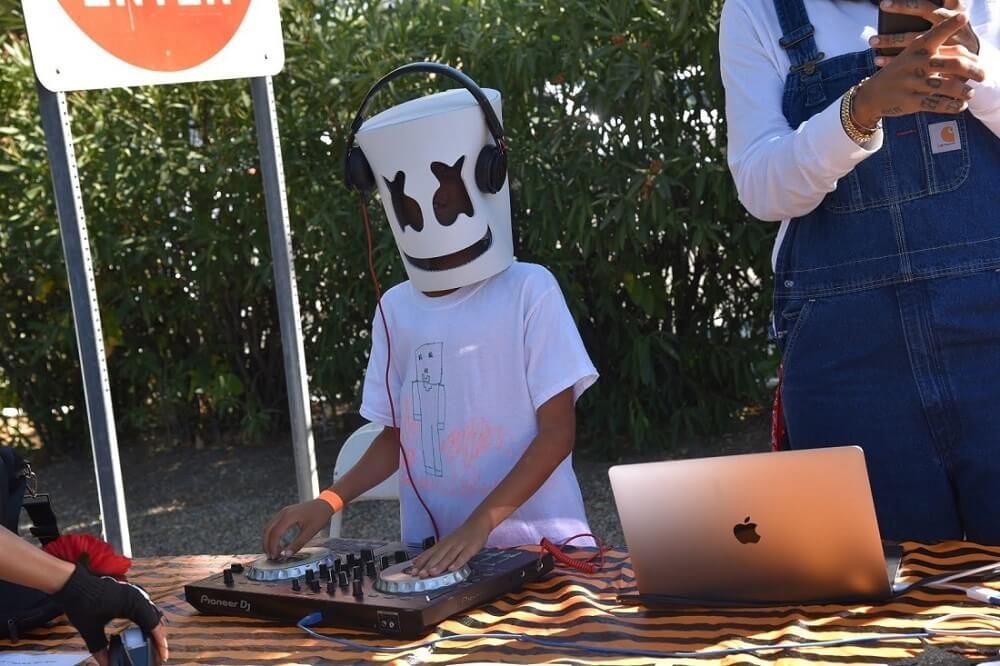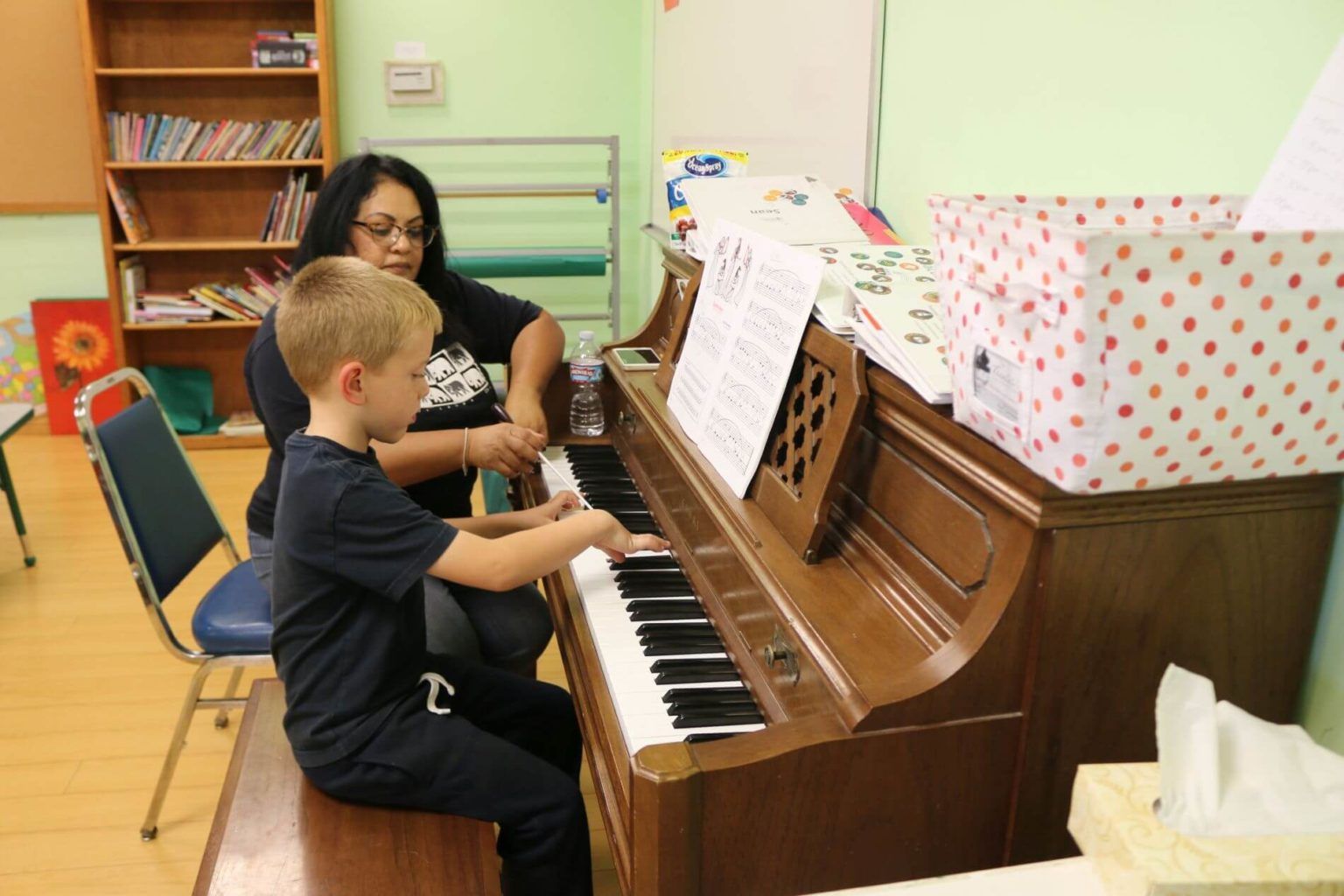Blog
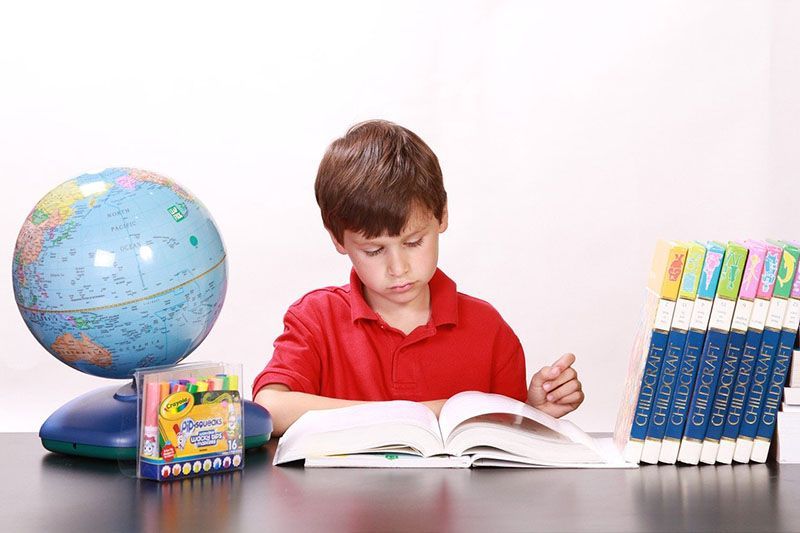
Children who attend Montessori preschool will receive regular instruction in every aspect of childhood development. That said, a majority of Montessori activities are self-chosen by the children, and employ self-correcting aspects that allow kids to know whether the result is correct without external interference.


